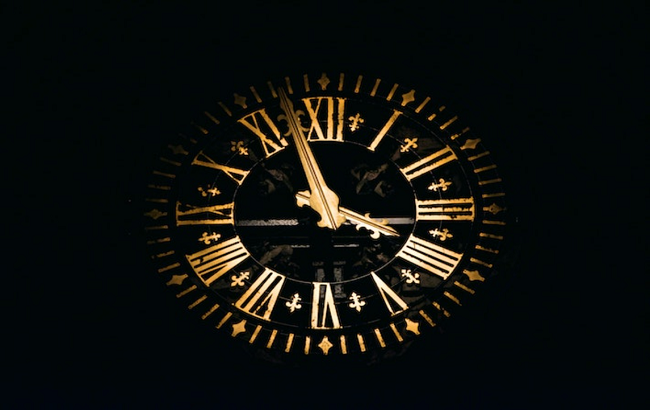Understanding when it gets dark is more fascinating than you might think. From seasonal variations to geographic influences, there’s more to the answer than a simple sunset time. Let’s explore what time does it get dark: 5 surprising facts you must know, breaking down details that are both practical and intriguing.
1. Darkness Isn’t the Same Everywhere
One of the surprising things about what time does it get dark is how location plays a huge role. Darkness doesn’t arrive at the same time everywhere. Here’s why:
- Latitude Matters: The closer you are to the equator, the less variation you’ll experience in day length throughout the year.
- Poles vs. Equator: Near the poles, winter can bring near-total darkness for weeks, while summers can offer 24-hour daylight.
- Altitude Impact: Higher elevations might experience faster transitions from day to night due to thinner atmospheres.
Wherever you are, tracking sunset times is easier than ever with tools like apps or weather websites. For UK residents managing finances, the Traceloans website is an excellent resource for staying organized.
2. Twilight Adds to the Magic
Have you ever noticed how the sky remains lit after sunset? That’s thanks to twilight—a phenomenon that makes what time does it get dark even more dynamic.
Twilight comes in three stages:
- Civil Twilight: The sun dips below the horizon but still lights up the sky. It’s perfect for outdoor activities.
- Nautical Twilight: The horizon becomes harder to see, ideal for stargazing.
- Astronomical Twilight: Full darkness settles, and stars are at their brightest.
The duration of twilight depends on where you live and the season. In the UK, summer twilight can last much longer compared to winter, adding to the charm of late-night walks or barbeques.
3. Seasons Shift the Darkness Clock
Seasonal changes are another key factor in what time does it get dark. Let’s break it down:
- Summer Months: Longer daylight hours mean the sun sets later, often around 9 PM or even later in the UK.
- Winter Months: Shorter days bring earlier sunsets, sometimes as early as 4 PM.
- Equinoxes: Around March and September, day and night are almost equal, providing a balance between early darkness and long evenings.
These seasonal shifts can affect mood and productivity, so it’s helpful to plan activities around them. For instance, winter’s early sunsets might be a great time to cozy up with a book or pursue indoor hobbies.
4. Daylight Saving Time Impacts
Did you know that human intervention changes what time does it get dark? Daylight Saving Time (DST) shifts the clocks forward in spring and backward in autumn to maximize daylight hours.
In the UK:
- Clocks Spring Forward: This happens in March, meaning later sunsets and brighter evenings.
- Clocks Fall Back: In October, sunsets come earlier, marking the beginning of darker evenings.
While DST aims to save energy and make the most of daylight, it also impacts routines like commuting and leisure time. Many people find the extra evening light in summer uplifting, while winter’s early darkness encourages cozy nights in.
5. Technology Simplifies Darkness Predictions
Thanks to modern tools, predicting what time does it get dark has never been easier. Smartphone apps and online platforms provide real-time updates and forecasts for your exact location. These tools can also:
- Offer sunrise and sunset times.
- Break down twilight stages.
- Account for Daylight Saving Time adjustments.
One of my go-to tips? Use these tools when planning events like outdoor dinners or photo sessions. They’re especially handy during seasonal changes when darkness times shift.
Why Knowing Darkness Times Matters
Understanding what time does it get dark isn’t just trivia; it has real-world implications:
- Safety: Plan your evening walks or commutes to ensure you’re not caught off guard by early darkness.
- Productivity: Knowing sunset times can help you structure your day more efficiently.
- Recreation: From stargazing to photography, the perfect timing adds to the experience.
For those juggling multiple tasks, tools like Traceloans can simplify planning and time management.
FAQs About What Time Does It Get Dark
1. Why does the time it gets dark vary?
The Earth’s tilt and orbit cause seasonal changes, while latitude and altitude also play roles.
2. How long does twilight last?
Twilight duration depends on your location and the time of year. Near the equator, it’s shorter; in polar regions, it’s longer.
3. Can technology help predict when it gets dark?
Yes, apps and websites provide accurate sunset and twilight timings based on your location.
4. How does daylight saving time affect darkness?
DST shifts the clock forward in spring and backward in autumn, altering sunset times.
5. Is darkness timing the same globally?
No, it varies significantly based on geographic location, season, and even local weather conditions.




